Delhi High Court Grants Two-Day Custody Parole to Jailed MP Engineer Rashid
In a notable ruling, the Delhi High Court has granted a two-day custody parole to incarcerated Jammu and Kashmir MP Engineer Rashid, permitting him to attend the ongoing Parliament session. The court, however, underscored that this decision does not establish a precedent.
Justice Vikas Mahajan, who delivered the ruling, clarified that the order was issued solely due to the unavailability of a judicial forum to hear Rashid’s bail application. The court emphasized that the relief should not be construed as a precedent for similar cases in the future.
The Baramulla MP has been permitted to attend the parliamentary sessions scheduled for February 11 and 13. In its order, the court remarked, “If access to justice is an essential facet of fundamental rights, the absence of a judicial forum for considering the applicant’s bail plea—be it interim or regular—renders him remediless, thereby depriving him of this right.”
While ruling in favor of his temporary release, the court stated that Rashid’s plea for custody parole could not be “completely negated.” Custody parole mandates that the prisoner remains under strict police escort during the designated period.
Justice Mahajan, in a comprehensive 16-page judgment, reiterated the well-established legal position that incarcerated legislators do not possess a statutory right to attend parliamentary sessions. Consequently, Rashid had no enforceable claim to participate in the proceedings of the house.
The court also took into consideration that Rashid’s bail plea had remained pending before the NIA court since August 2014. It further highlighted that prolonged deprivation of personal liberty without expeditious trial runs counter to Article 21 of the Indian Constitution. The judgment asserted that timely judicial intervention is an integral component of human rights.
The parole is subject to strict conditions, including a prohibition on the use of mobile phones or the internet. Additionally, Rashid is barred from addressing the media or engaging with any individual beyond his limited role as a parliamentarian.
The High Court directed that the Director General (Prisons), Delhi, in coordination with the Secretary General, Lok Sabha, shall ensure the necessary arrangements for Rashid’s participation in the session.
Rashid, who is currently facing trial in a high-profile terror-funding case, has been accused of financially supporting separatist and extremist groups operating in Jammu and Kashmir. He had petitioned the High Court, arguing that his bail application had been left in limbo after his election to the Lok Sabha last year, as the NIA court hearing his case was not designated as a special MP/MLA court.
As an interim relief, he sought custody parole, which has now been granted with specific restrictions. The court also stipulated that if the parliamentary sessions extended beyond official jail hours, the authorities must facilitate Rashid’s surrender post-session. On both permitted days, he will remain under strict police custody.
Any future requests for an extension of custody parole will be adjudicated by the designated court on their respective merits, the ruling added.
Senior advocate Sidharth Luthra and advocate Akshai Malik, representing the National Investigation Agency (NIA), strongly opposed the plea, contending that Rashid did not possess an inherent right to attend Parliament. They further raised security concerns, emphasizing that custody parole necessitates armed police escort, which could pose logistical challenges within Parliament premises.
Conversely, senior advocate N Hariharan, alongside advocate Vikhyat Oberoi, argued in favor of Rashid’s plea, asserting that his absence from Parliament had left his constituency unrepresented during the critical budget session. They pointed out that Jammu and Kashmir’s allocated budget had been reduced by ₹1,000 crore, necessitating Rashid’s presence to advocate for his region’s interests.
Meanwhile, the High Court administration has moved the Supreme Court, seeking clarification regarding the designation of a judicial forum competent to hear Rashid’s bail plea.
Rashid was arrested in 2019 on charges of money laundering and waging war against the state under the Unlawful Activities (Prevention) Act (UAPA). His case is linked to the alleged financial support of separatist activities in Jammu and Kashmir and purported ties to designated terrorist Hafeez Saeed. The NIA has further accused Rashid of utilizing public platforms to propagate separatist ideology and incite violence against security forces.
The legal proceedings against Rashid are ongoing, with 21 prosecution witnesses examined thus far out of a total of 248. He was officially chargesheeted in October 2019, and in March 2022, a special NIA court formally framed charges against him under various sections of the Indian Penal Code (IPC) and UAPA, including Sections 120B (criminal conspiracy), 121 (waging war against the government), and 124A (sedition).
Throughout his political career, Rashid has been embroiled in numerous controversies. In a widely publicized 2015 incident, he was assaulted by BJP legislators inside the erstwhile Jammu and Kashmir Legislative Assembly for allegedly hosting an event where beef was served within the MLA hostel premises. His tenure as an MLA has been marked by recurrent political and legal confrontations.

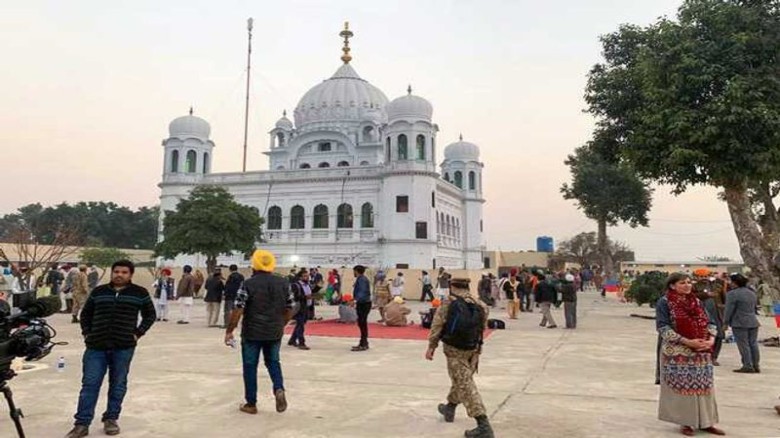
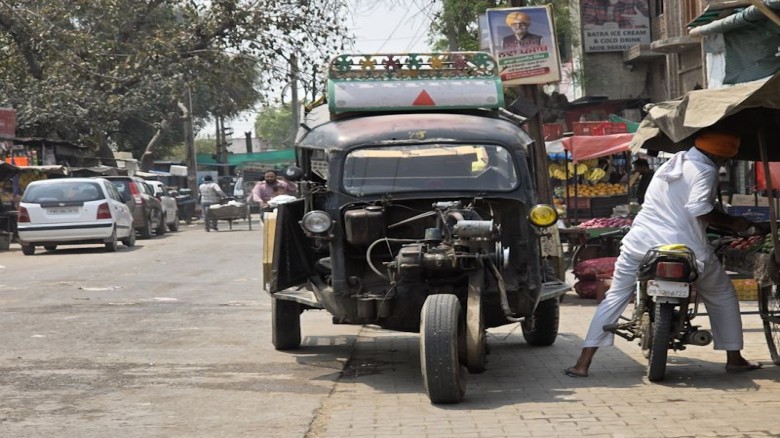

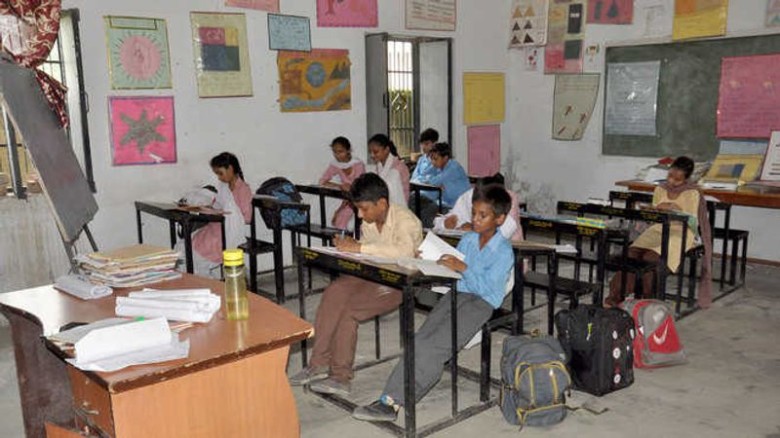



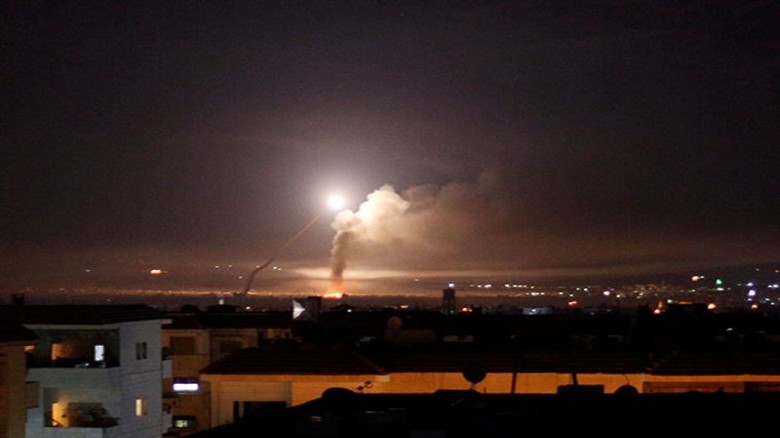
















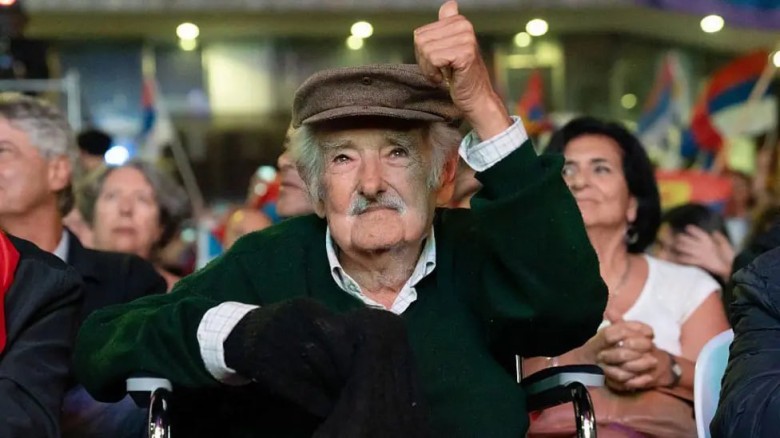
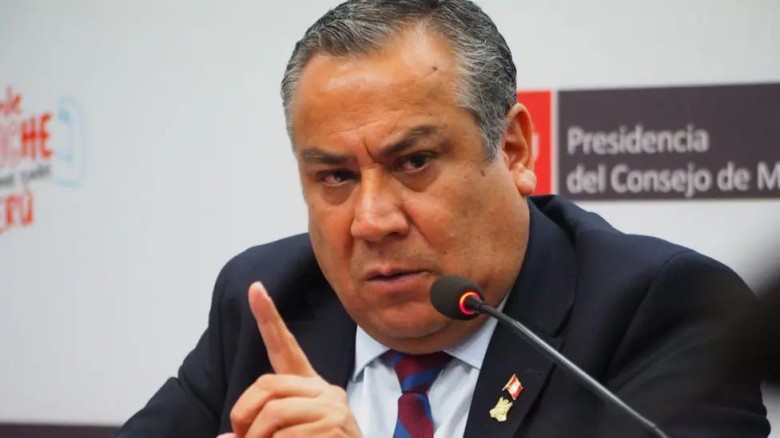

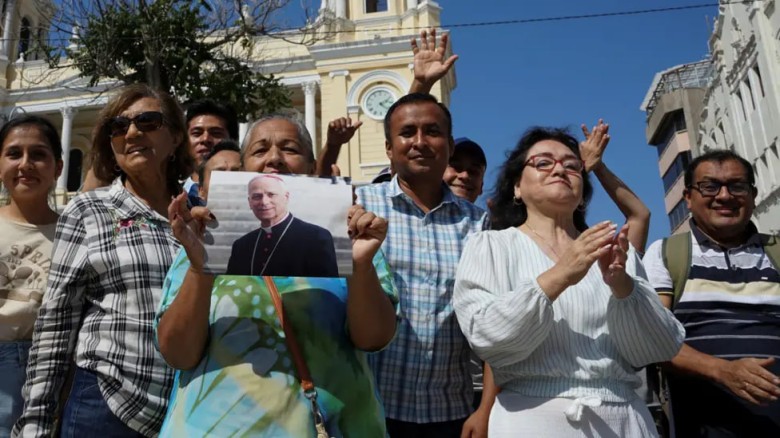











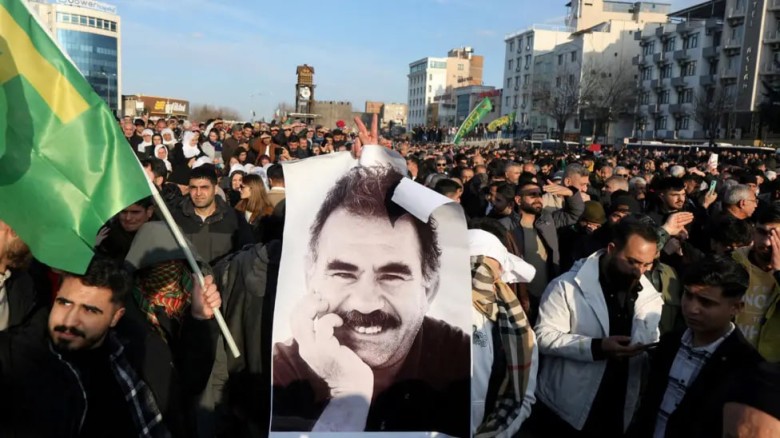
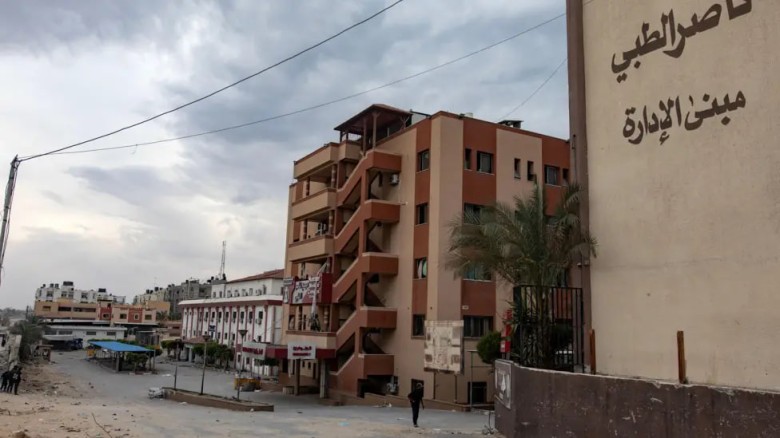







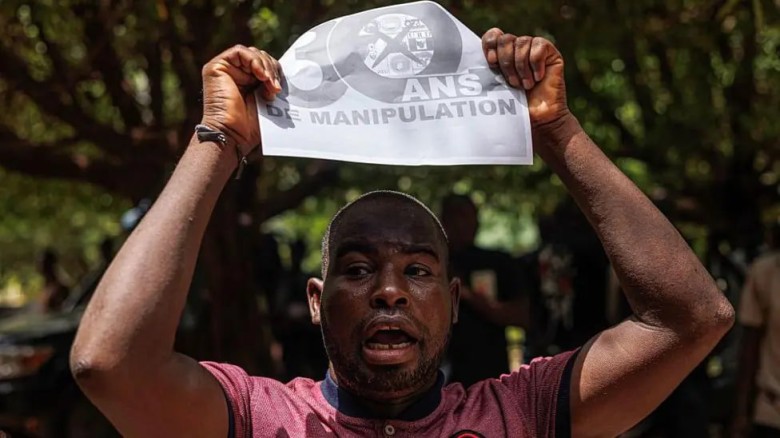


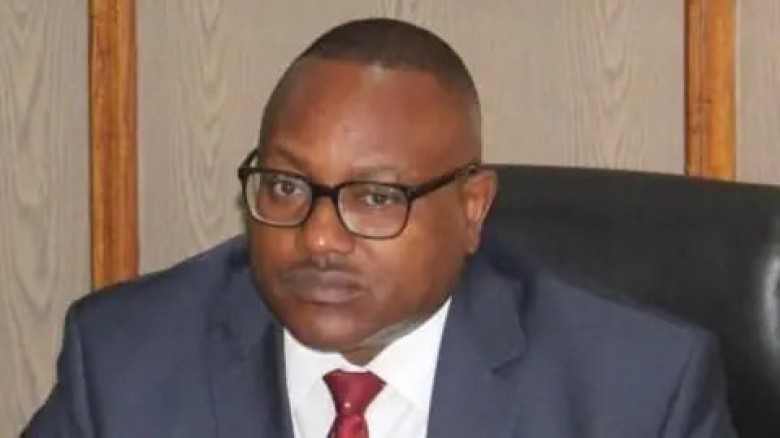

















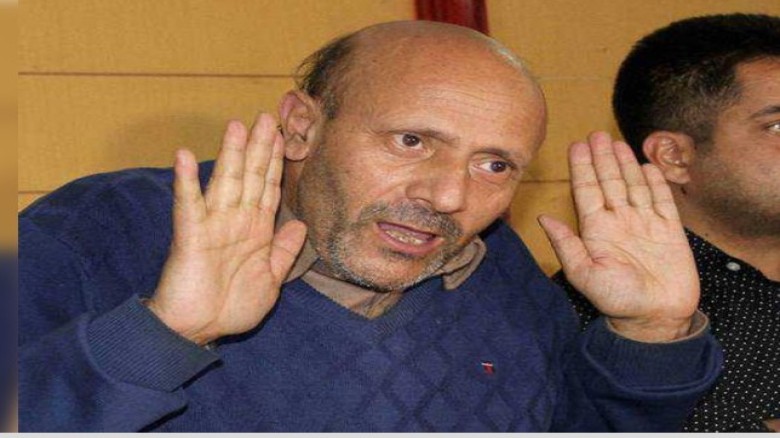


Leave A Comment